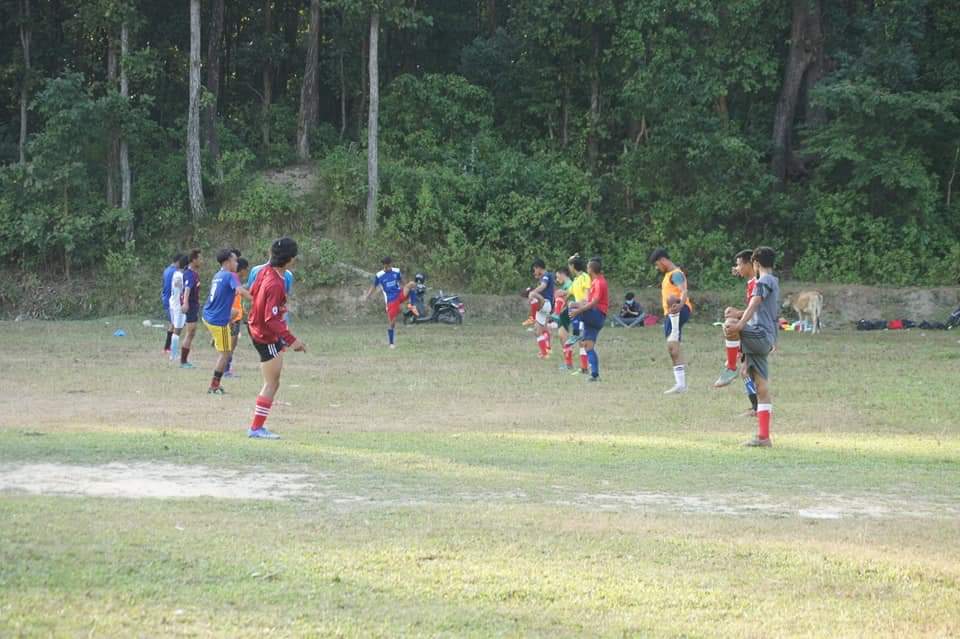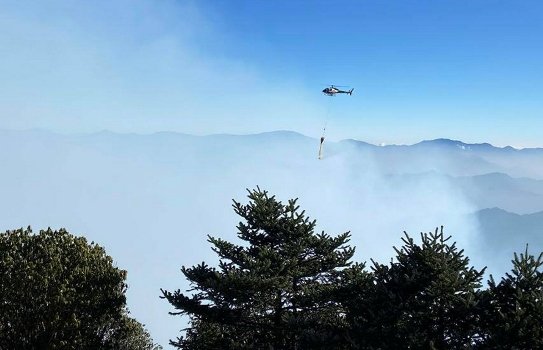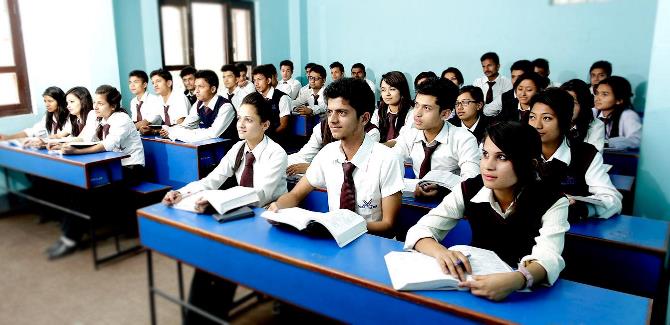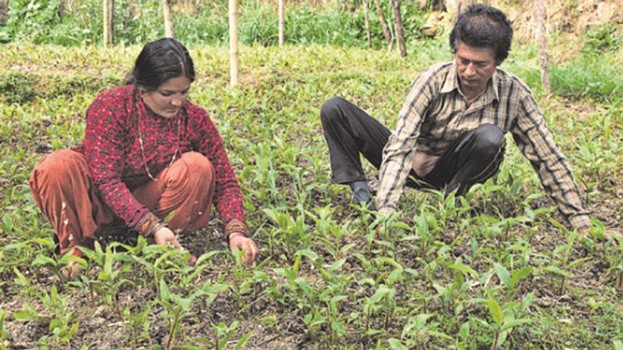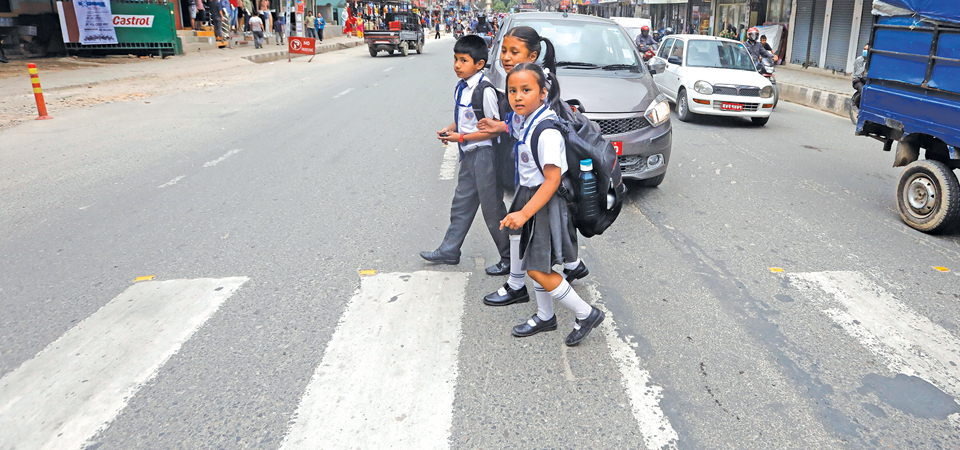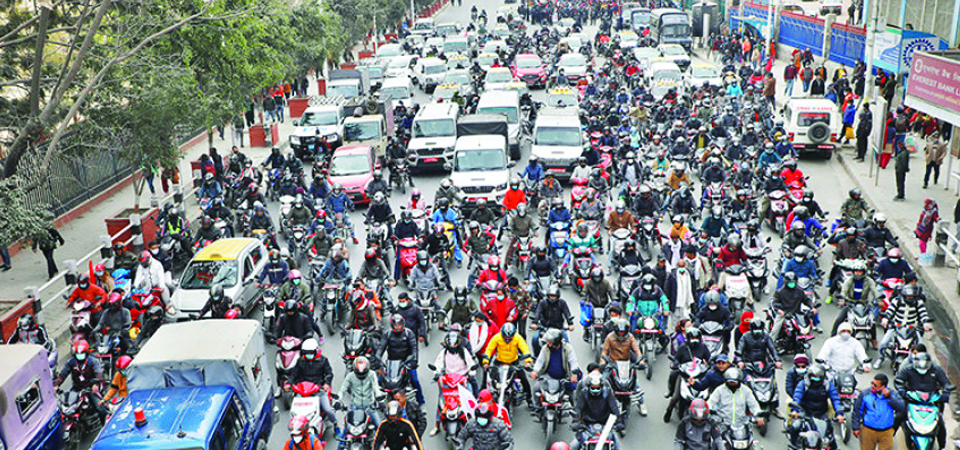Timely response can improve mental health: Experts

By Nayak Paudel
Kathmandu, Sept. 2: On Wednesday (September 1), 40-year-old Mina Kumari Shrestha’s charred body was found at Todke Community Forest in Siddhicharan Municipality, in Okhaldhunga district. A bottle of diesel and a bag lay nearby. She had recently recovered from COVID-19.
According to our Okhaldhunga correspondent, Manoj Bhattarai, police have suspected it to be a suicide case, and have started necessary investigation.
While the cases of suicide by burning are rare in Nepal, total cases of suicide are alarmingly high. The data of Nepal Police shows that an average of 19 individuals committed suicide on a daily basis over the fiscal year 2020/21. A total of 7,117 suicide cases were recorded in the fiscal – an increase of 14.04 per cent from the year before.
From 5,317 in 2017/18, the cases have climbed annually, reaching 5,754 in 2018/19 and 6,249 in 2019/20.
According to the monthly bulletin of Nepal Police, over 500 cases of suicide have already been recorded in the first month of the current fiscal year 2021/22.
The officials concerned with mental health argued that the government hadn’t been responding adequately to mental health issues. Making matters worse is its unchanged response even during the time of pandemic, which the experts argue, is the leading cause of degradation in mental health in recent years.
“The pandemic prompted restrictions, forcing many people out of work. It exacerbated economic, social and household problems. Despite unprecedented upheavals, awareness, diagnosis and treatment of festering mental health issues not only went overlooked but also remained beyond reach for the most vulnerable,” said Senior Superintendent of Police (SSP) and central police spokesperson Basanta Bahadur Kunwar.
Mental health experts informed that an individual can be saved from taking their own lives with timely and proper intervention for which the public should be made aware of symptoms of mental health issues and importance of consulting a psychiatrist or psychologist for timely counselling and treatment.
That said, the authorities haven’t been able to tackle the issue effectively.
“We are well aware of the mental health issues. Despite physical programmes going off-limits amid the raging pandemic, we have been raising awareness about the issue by means of 500 radio stations across the country. Not just that, we have also launched hotline numbers so that anyone with such issue/s can seek help from the counsellors, ” said Dr. Krishna Prasad Paudel, spokesperson for the Ministry of Health and Population.
Mental health experts, however, acknowledged that the authorities haven’t been able to do enough to mitigate the festering problem. “Schools have remained closed and gatherings have been banned. Against that backdrop, we have turned to technology to generate and raise awareness and provide counselling to those in need, but the lack of resources has kept us away from the vulnerable population,” said Dr. Phanindra Prasad Baral, chief of NCD and Mental Health Section under the Epidemiology and Disease Control Division (EDCD). Dr. Baral, who is also the spokesperson for EDCD, added that though the budget has been earmarked for mental health, it doesn’t suffice.
The National Mental Health Survey, Nepal-2020 by Nepal Health Research Council had revealed that several barriers – economic, accessibility, and fear of what others might think – kept the vulnerable away from mental health centres.
Another study by the Council on the situation of a total of 404 frontline health workers, including doctors, nurses and laboratory professionals, amid the pandemic, showed 35.7 per cent had anxiety, 29 per cent had depression and 17.1 per cent had psychological distress.“COVID-19 has restricted us from providing necessary response but we are doing all we can. Mental health treatment is being expanded to 13 more health centres across the country and local levels are also coordinating effectively to make it happen,” said Dr. Baral.
Dr. Baral stressed that only 15-20 psychiatrists out of around 200 in the country were associated with public and government institutions. “We plan to make mental health counselling, diagnosis and treatment accessible to all, and are doing the needful to materialise that goal.”
Recent News

Do not make expressions casting dout on election: EC
14 Apr, 2022
CM Bhatta says may New Year 2079 BS inspire positive thinking
14 Apr, 2022
Three new cases, 44 recoveries in 24 hours
14 Apr, 2022
689 climbers of 84 teams so far acquire permits for climbing various peaks this spring season
14 Apr, 2022
How the rising cost of living crisis is impacting Nepal
14 Apr, 2022
US military confirms an interstellar meteor collided with Earth
14 Apr, 2022
Valneva Covid vaccine approved for use in UK
14 Apr, 2022
Chair Prachanda highlights need of unity among Maoist, Communist forces
14 Apr, 2022
Ranbir Kapoor and Alia Bhatt: Bollywood toasts star couple on wedding
14 Apr, 2022
President Bhandari confers decorations (Photo Feature)
14 Apr, 2022



